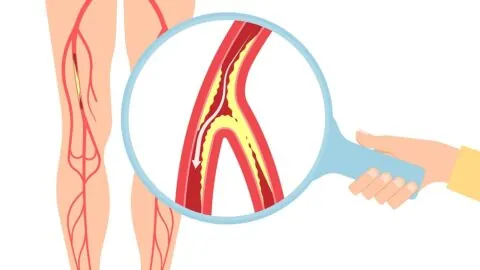July 16, 2025
Researchers investigated psilocybin, a psychedelic compound found in hallucinogenic mushrooms, for its anti-aging properties. They found that it extends cellular and organismal lifespan, even when administered later in life [1]. From ancient times to contemporary therapies Hallucinogenic mushrooms have a long history of use, reaching back to ancient times when people often used them for...
July 01, 2024
Researchers publishing in Nature Communications have found that nicotinamide riboside (NR) improves walking distance for people who have peripheral artery disease (PAD) in the legs. When the arms and legs don't get enough blood Ischemia, the failure of blood vessels to deliver sufficient oxygen and nutrients, is a key part of fatal conditions such as...
June 26, 2024
A recent paper has investigated the impact of polystyrene nanoplastics on the molecular processes of male reproductive tissues in mice [1]. Health risks of micro- and nanoplastics Microplastic and nanoplastic contamination is a worldwide public health concern for a good reason. Numerous research papers have associated microplastics with multiple health risks in the respiratory, immune,...
January 21, 2024
Publishing in Aging, researchers have reversed the early aging of prenatally harmed young mice by exposing them to a more enriched environment. Young organisms born old Newborn rodents from sleep-deprived mothers have conditions that are biologically similar to the processes of aging. One rat study found that maternal sleep deprivation causes these animals to be...
October 29, 2023
According to a review published in Food Science and Human Wellness, resveratrol has a positive impact on mitochondrial dysfunction, one of the hallmarks of aging. A hallmark with downstream consequences Mitochondrial DysfunctionAs they age, the mitochondria in our cells lose their ability to provide cellular energy and release reactive oxygen species that harm cells and...
August 22, 2023
A paper published in Aging explains the relationship of long noncoding RNAs, which change with aging, to age-related macular degeneration (AMD). A disease of deposits and aging This paper begins with a discussion of AMD and its prevalence. AMD is the most common cause of vision loss in people over 70 years old [1]. Its...






